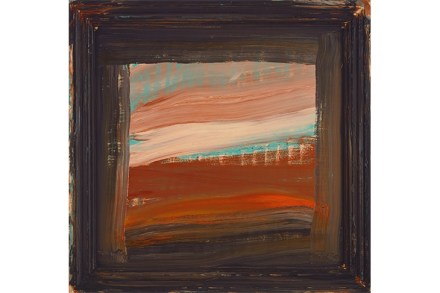Age as allegory
Sky Atlantic — available only to Sky customers — has the cunning/infuriating policy of broadcasting the kind of programmes most likely to appeal to people who pride themselves on not being Sky customers. (Basically, the liberal, metropolitan you-know-what.) Now, to a list that includes Veep, Curb Your Enthusiasm, Girls and Last Week Tonight with John Oliver, we can add The Trip, whose third series Sky has poached from the BBC. Like the first two — set in the Lake District and Italy — The Trip to Spain (Thursday) is directed by Michael Winterbottom and features Rob Brydon and Steve Coogan playing versions of themselves that feel teasingly close to the




















